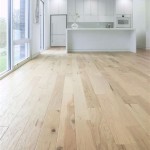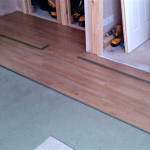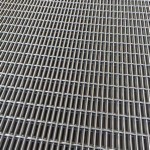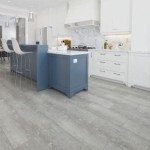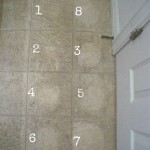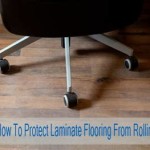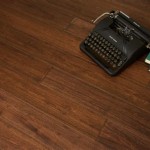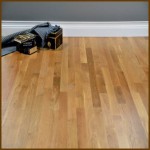Benefits and Drawbacks of Cork Flooring
Cork flooring, derived from the bark of cork oak trees, has gained popularity in recent years for its unique qualities and environmental sustainability. However, like any flooring material, it has both advantages and disadvantages. Understanding these aspects can help you make an informed decision about whether cork flooring is the right choice for your home.
Benefits of Cork Flooring:
1. Natural and Sustainable:
Cork flooring is made from renewable and environmentally friendly material. The bark of cork oak trees is harvested without harming the trees, allowing them to continue growing and producing cork for decades.
2. Durability and Resilience:
Cork flooring is known for its durability and resistance to wear and tear. The unique cellular structure of cork absorbs impact, making it ideal for high-traffic areas and homes with children or pets.
3. Thermal and Acoustic Insulation:
Due to its cellular structure filled with trapped air, cork flooring provides excellent thermal and acoustic insulation. It reduces heat loss, keeps rooms warmer in winter, and absorbs sound, creating a quieter and more comfortable environment.
4. Moisture Resistance:
Cork is naturally water-resistant and can withstand spills and moisture without swelling or warping. This makes it a suitable choice for kitchens, bathrooms, and mudrooms.
5. Hypoallergenic and Antimicrobial:
Cork flooring is naturally hypoallergenic and antimicrobial. It resists dust mites, mold, and bacteria, making it a healthy option for allergy sufferers and homes with pets.
Drawbacks of Cork Flooring:
1. Cost:
Cork flooring is generally more expensive than other flooring options, such as laminate or vinyl flooring. The cost can vary depending on the quality and thickness of the flooring.
2. Fading:
Cork flooring can fade over time, especially when exposed to direct sunlight. Proper protection, such as rugs or curtains, can help minimize fading.
3. Dent Resistance:
While cork flooring is durable, it is not as dent-resistant as some other flooring materials, such as ceramic tile. Heavy furniture or objects can leave dents if not protected properly.
4. Subfloor Preparation:
Cork flooring requires a smooth and level subfloor. If the subfloor is uneven or damaged, additional preparation may be necessary, adding to the installation cost.
5. Maintenance:
Cork flooring, like any other flooring material, requires regular maintenance. It should be swept or vacuumed regularly and occasionally cleaned with a damp mop. Spills should be cleaned immediately to prevent staining.
Overall, cork flooring offers a unique and sustainable flooring option with numerous benefits, including durability, resilience, and environmental friendliness. However, it is essential to consider the potential drawbacks, such as cost and maintenance, before making a final decision.

Cork Flooring Pros And Cons Is It The Right Choice For You

Cork Flooring Pros And Cons Icork Floor

The Pros And Cons Of Cork Flooring Floorings

Cork Flooring Guide Specifics Pros Cons Fantastic Handyman Au

Pros And Cons Of Cork Flooring Is It Right For You Bob Vila

9 Pros And Cons Of Using Cork As A Flooring Material Building Renewable

Advantages Disadvantages Of Cork Flooring Floorings

Cork Flooring In Portland Floor Factors

All About Cork Flooring Atomic Ranch

The Benefits Of Comfort Flooring With Cork When Nature Moves In Archdaily

